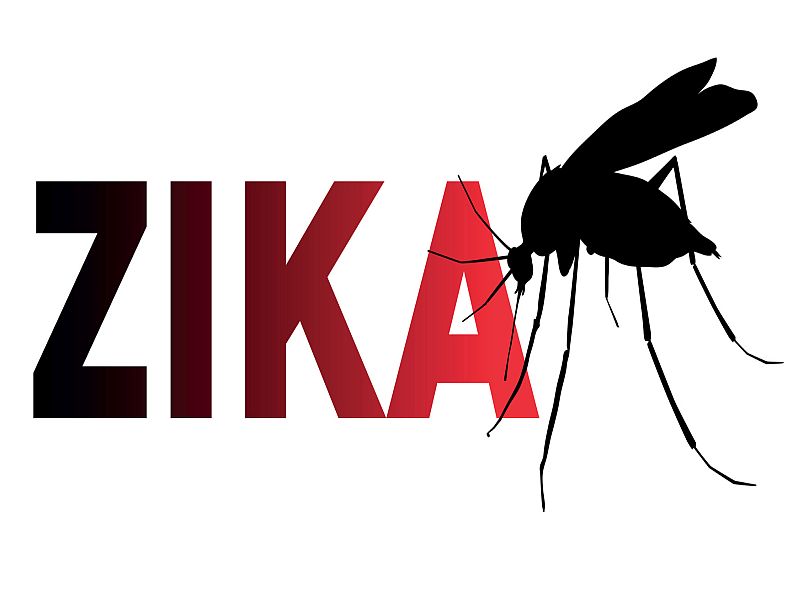
Imagine
you went on a first date with someone who was sarcastic, nasty, disparaging
towards you. It's hard to believe that you would agree to a second date. Yet an
abusive relationship can creep up on us and have us gradually accepting that
behaviour, justifying it, perhaps even feeling that we are in some way
responsible for it happening.
The
abuser often couches their behaviour subtly; they may claim they are trying to
help us improve, are encouraging us to remedy a perceived failing or flaw.
It
is often sexual abuse that gains the most media coverage but abuse also covers
physical, emotional and mental cruelty and can be experienced by people of
either gender, age, in any strata of society. It's important for us to become
aware if escalating patterns of unacceptable, sustained bad treatment start to
appear.
-
Abuse is often about control. The abuser
may be insecure, afraid of losing you, fearful that you'll find someone better,
so they try to hold onto the relationship by increasingly checking where you're
going, what you're doing, how you're spending your money, how you dress.
Often
an abuser will try to make you increasingly dependent and reliant on them. They
may discourage you from working; they earn enough, why not take a break, why
not take time to think about doing something else? It can be a seductive,
attractive process where you feel cared for, loved, supported but over time you
gradually lose your financial independence, career, friends, even family.
-
Emotional abuse often starts by establishing a cosy
'us against the world' scenario where you're assured that you're all they
have/need/want. At first you feel loved and secure, safe in the loving bubble
of warmth and protection. Gradually you'll find you spend less time with
friends, especially if it becomes an increasing hassle to make arrangements,
they are regarded as a bad influence or your family is accused of being
unfriendly or interfering.
Over
time it becomes harder to make plans to see 'outsiders'. You may find that when
you try to make plans they often clash with 'special' or 'important' functions
you're required to attend, or there is an insistence in dropping you off and
picking you up, where they return earlier than agreed. This in itself may be
fine. You justify the behaviour as friendly, sociable, helpful, but combined
with negative remarks about your clothes, hair, makeup you may gradually start
to lose any confidence in yourself.
Some
abusers become so controlling that they methodically check every financial
transaction and request for money, query every call or text on the itemized
phone bill, undertake daily mileage checks on your car, phone or return home at
unexpected times to see what you're doing. If you try to challenge their
behaviour they will justify themselves logically and reasonably, even making
you feel guilty, apologetic at having questioned their motives.
-
Physical abuse often starts with a tap, a push, an
angry slap. Sometimes alcohol is involved. The perpetrator is often seriously
contrite afterwards, promising never to repeat their behaviour. It's important
to be firm with them, discuss what's happened and insist that thy seek help,
perhaps to specifically deal with anger or alcohol related issues. Keep a diary
of abusive behaviour, try to save money in a secret account and have a safe
place where you know you can escape to if you become afraid.
-
Sexual abuse can involve gradual but increasing
degradation; the pressure to do things, engage in practices you find
off-putting, unpleasant, painful or humiliating. You may be accused of being
frigid, a prude, old-fashioned but whilst it can be fun to experiment and
explore sex together, a relationship should be about both parties feeling
comfortable and moving at a pace that is fine for them both.
Start
as you mean to go on is an important message for new relationships. Keep
regular channels of communication open between you and be sure to discuss any
areas you feel unhappy about. Be firm and refuse to be bullied into doing
things you don't want to do. You're allowed to change your mind even if you've
gone along with things previously.
If
you're beginning to feel uneasy in your relationship find an ally, a friend, a
therapist with whom you can confidentially discuss matters. It may be that
you're being over-sensitive, feeling vulnerable, or past experiences have made
you ultra-cautious. Even so, you're entitled to consideration and respect, to
have your concerns listened to. Is there a place you could go to de-stress, to
take a break, giving you both time to reflect on your relationship? Might you
benefit from outside help from a counsellor, a mediator, priest, family friend?
Take
time to explore what the triggers are, what happens to spark off the abusive
behaviour. Look for help for either or both of you to deal with those issues.
It's important to protect yourself and your self-esteem, and perhaps help your
abuser too.
Article Source: Ezine Article




